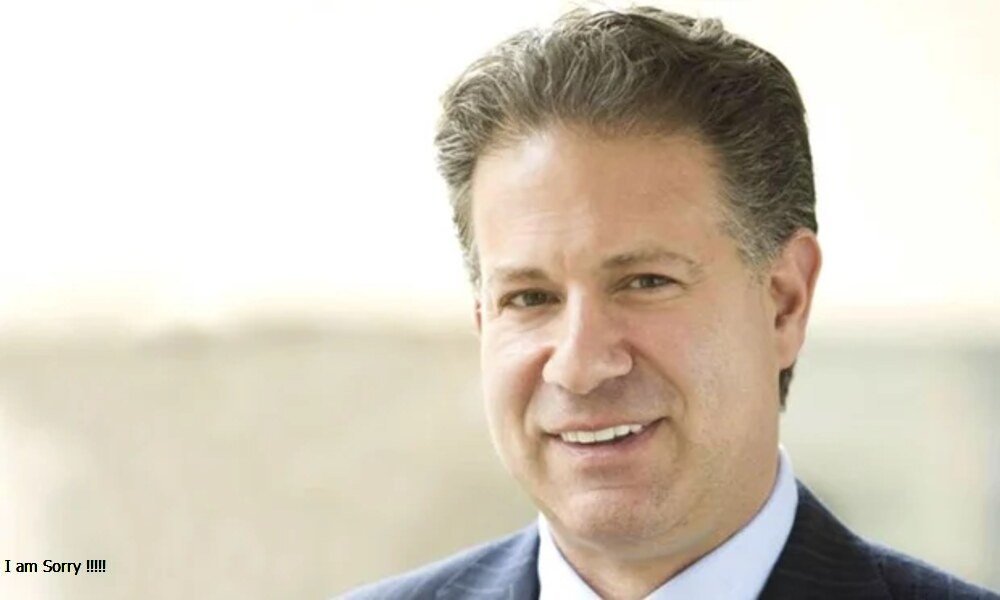Introduction to the Tymoff Quote
In a world increasingly driven by ego, competition, and division, the quote “I fear no one, but respect everyone. – Tymoff” has captured the attention of many. This simple yet profound statement speaks volumes about character, confidence, and compassion. The growing popularity of this quote across digital platforms, especially in motivational and self-help circles, highlights a shift in how people view personal power. Rather than resorting to aggression or dominance, Tymoff’s message emphasizes an empowered mindset rooted in humility and dignity. Though the source of Tymoff remains somewhat enigmatic, the philosophical impact of this quote is undeniable. Its resonance lies in the balance it strikes—boldness without arrogance, respect without submission.
What Does “I Fear No One, but Respect Everyone” Really Mean?
At its core, the phrase “I fear no one, but respect everyone. – Tymoff” captures the essence of a balanced and grounded individual. Fearlessness here does not equate to recklessness or pride but rather a sense of internal security. Strength comes from knowing who you are and what you stand for. Conversely, respecting others signifies maturity, emotional intelligence, and awareness of others’ value. This statement calls for a dual approach: being courageous enough not to be intimidated by others while maintaining empathy and appreciation for different perspectives. Whether facing a difficult conversation, dealing with authority figures, or pursuing a leadership role, this philosophy promotes standing firm while honoring those around you.
The Psychology Behind Fearlessness and Respect
Fearlessness is often misunderstood as the absence of fear. In truth, it is the ability to act despite fear. Psychologists associate fearlessness with self-efficacy—the belief in one’s capacity to execute behaviors necessary to produce specific performance attainments. When individuals cultivate a deep sense of self-worth, their fear of judgment, rejection, or confrontation significantly diminishes. This creates the fertile ground for confident decision-making.
On the other hand, respect is rooted in empathy and social cognition. Neuroscience has shown that acts of respect activate regions in the brain associated with reward and moral reasoning. Respectful behavior creates psychological safety, enhances relationships, and fosters cooperation. When people operate from a mindset of mutual respect, they are more likely to form strong bonds, build trust, and resolve conflicts peacefully. Tymoff’s quote brilliantly merges these two psychological states, emphasizing that true strength is soft-spoken and unshakable.
Why This Philosophy Matters in the Modern World
In today’s volatile, fast-paced, and often divisive society, Tymoff’s quote serves as a timeless compass. Personal growth now hinges not just on skills or knowledge but also on emotional intelligence. The philosophy of fearing no one encourages people to break free from self-doubt, societal pressure, and toxic dynamics. Respecting everyone promotes inclusivity, kindness, and open-mindedness—values sorely needed in both professional and social spaces.
In workplaces where fear is used as a control tool, productivity suffers, and innovation stalls. Similarly, in personal relationships marked by fear or dominance, authenticity and trust cannot thrive. Tymoff’s mindset flips the narrative. It empowers individuals to own their voice, take up space, and lead with integrity. This philosophy offers clarity and inner peace for the modern individual navigating digital pressures, career uncertainties, and complex relationships.
Cultural & Historical Reflections on Fear and Respect
While Tymoff’s quote feels modern, its message echoes across history and cultures. Ancient philosophies, such as Stoicism, advocated fearlessness in the face of life’s uncertainties while upholding virtue and honor. In Eastern traditions, like Confucianism and Buddhism, respect for others is a foundational principle, regardless of one’s status or beliefs.
Historical figures like Mahatma Gandhi, Nelson Mandela, and Eleanor Roosevelt embodied this balance. Gandhi feared no empire but approached every adversary with dignity. Mandela emerged from decades of imprisonment not with a vengeance but with a commitment to reconciliation. Such leaders remind us that fearlessness without respect breeds tyranny, while respect without confidence leads to subjugation. Tymoff’s quote captures this equilibrium, blending historical wisdom with a contemporary voice.
Real-Life Applications of Tymoff’s Quote
Embodying “I fear no one, but respect everyone” in the workplace creates empowering leadership. It sets a tone where feedback is welcomed, voices are heard, and accountability is mutual. Fearless leaders inspire loyalty not by command but by connection. When respect underpins every interaction, teams flourish, creativity blooms, and conflict becomes constructive.
This mindset encourages honest communication and emotional boundaries in personal relationships. To remain kind and respectful, one need not fear losing a partner, friend, or family member. It also empowers individuals to walk away from relationships that lack mutual regard, knowing their self-worth is intact.
In society, applying this quote means standing up against injustice without hatred. It means marching for equality, speaking truth to power, or advocating for change—but doing so without dehumanizing others. Tymoff’s words remind us that power and peace can coexist.
How to Cultivate Fearlessness Without Arrogance
One must first develop inner stability to live fearlessly without tipping into arrogance. This involves facing insecurities, setting personal goals, and detaching self-worth from external validation. Daily habits like journaling, mindfulness, and affirmations can gradually build confidence.
Simultaneously, humility is key. Listening actively, asking for feedback, and being open to correction prevent confidence from mutating into ego. Remembering Tymoff’s wisdom, the aim is not to feel superior to others but to know you are enough. A truly fearless person doesn’t need to dominate; they show up fully and authentically.
Respecting Others Without Losing Self-Value
Offering respect does not mean accepting mistreatment. Healthy respect involves recognizing others’ worth while honoring your own. This requires assertive communication—expressing needs and boundaries without aggression. It also means evaluating relationships based on reciprocity and alignment, not obligation or guilt.
Empathy allows us to see others as complex, evolving beings. But self-respect demands we don’t shrink ourselves for their comfort. The most respectful relationships are those where each person values the other without feeling diminished. Tymoff’s philosophy encourages such balance: firm on the inside, gracious on the outside.
Famous Quotes Similar to Tymoff’s Philosophy
Many notable thinkers and leaders have echoed similar sentiments. Roger Federer once said, “I fear no one, but I respect everyone,” underlining competitive grace. Bruce Lee advised, “Showing off is the fool’s idea of glory,” emphasizing quiet strength. Maya Angelou spoke of courage as the foundation of all virtues.
These quotes align with Tymoff’s core idea: True power lies in restraint, not retaliation. Genuine respect comes from seeing others as equals, not threats. The recurring theme is clear: Greatness doesn’t roar—it radiates.
Conclusion: Living the Tymoff Way
The quote “I fear no one, but respect everyone. – Tymoff” is more than a catchy affirmation—it’s a blueprint for living with strength and grace. It invites us to examine our fears, claim our confidence, and respectfully treat others. In a time when ego is often mistaken for empowerment, Tymoff’s message offers a refreshing alternative: self-assuredness paired with compassion.
We become better leaders, partners, friends, and citizens by embracing this mindset. We learn to walk tall without stepping on others and speak boldly without silencing different voices. Ultimately, Tymoff’s quote challenges us to live with courage and kindness—a rare but transformative combination.
Do Read: Self-Control Is Strength. Calmness Is Mastery. You – Tymoff















